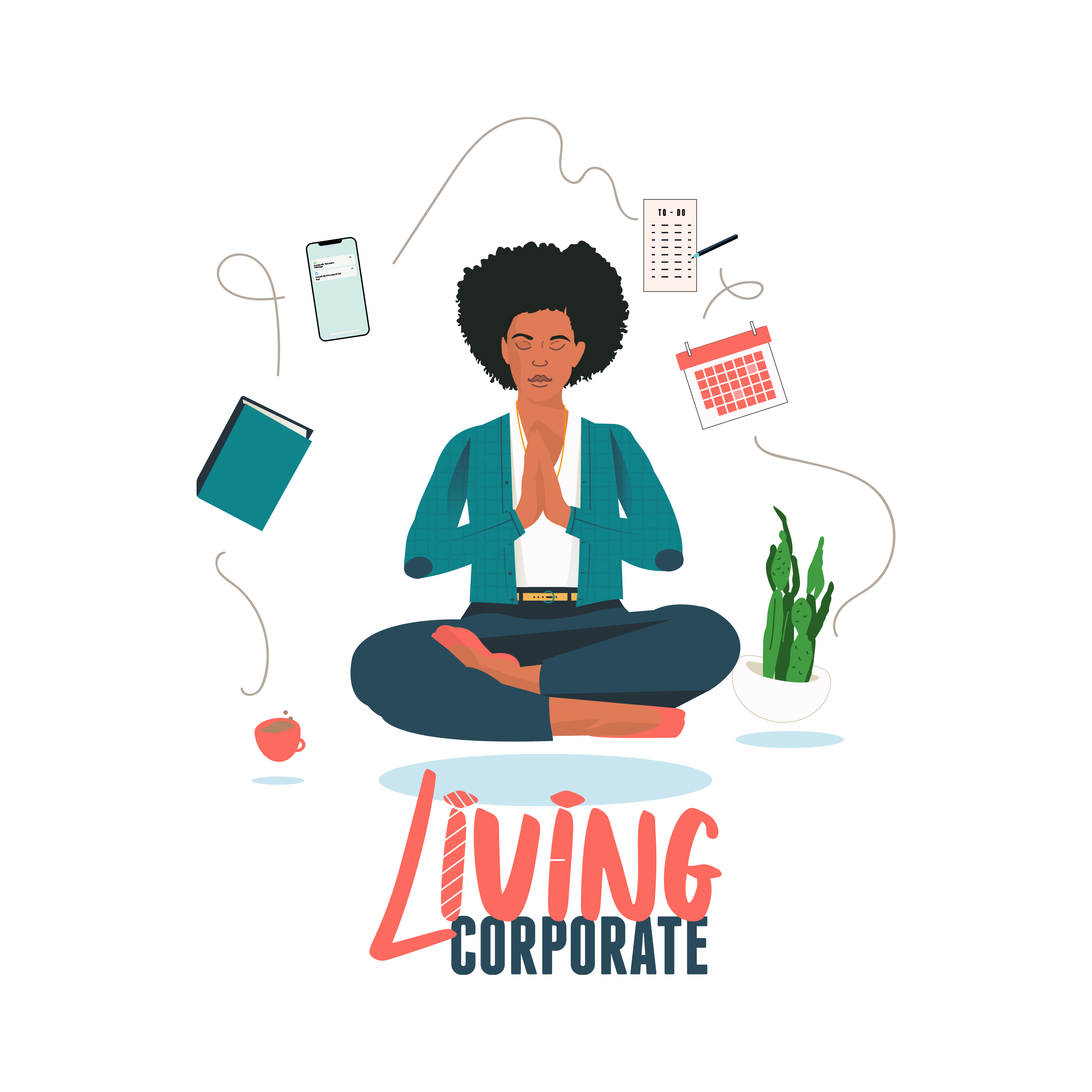
237 Tristan’s Tip : Authenticity’s Impact On Your Job Search & Career > @LivingCorp_Pod

Episode Notes
On the sixty-ninth entry of Tristan’s Tips, our amazing host Tristan Layfield discusses the impact of authenticity during your job search and career. A 2016 study published in the Administrative Science Quarterly showed that 25% of Black candidates received interview callbacks if their resumes were scrubbed of racial cues whereas only 10% of Black candidates got calls when they left ethnic details intact. While scrubbing your resume clearly produces results in securing jobs, if a company rules you out because of your name, your natural hair, or your Black organizational affiliations, or any other reason related to your race… is that really a company you’d want to work for?
Connect with Tristan on LinkedIn, IG, FB, and Twitter.
https://www.linkedin.com/in/tristanlayfield/
https://www.instagram.com/layfieldresume/
https://www.facebook.com/LayfieldResume/
https://twitter.com/layfieldresume
Find out how the CDC suggests you wash your hands by clicking here.
Help food banks respond to COVID-19. Learn more at FeedingAmerica.org.
TRANSCRIPT
Tristan: What’s going on Living Corporate? It’s Tristan from Layfield Resume Consulting. This week, I’m not necessarily giving a tip but I wanted to discuss the impact of authenticity during your job search and career.
Most Black and Brown professionals are well aware of bias they may experience throughout the job search because somewhere down the line we were taught that we needed to hide parts of ourselves to try to land the jobs that we want. From “whitening” our resume by not using our real name to switching up the way we speak during interviews, we are always aware (sometimes consciously and sometimes not) that our race can and most likely has played a factor in hiring decisions.
Recently, I had a Black client who is a whole doctor ask me if she should use her real name on her resume for fear of how the recruiters and hiring managers would view her. I had another Black woman tell me that she didn’t want to take a new headshot for LinkedIn right now because she had in braids and she didn’t want potential employers to think she was “too ethnic.” I had another Black male client who asked me if highlighting his leadership with a professional Black organization would decrease his chances of getting calls for interviews.
These are the types of questions and comments I hear from many of my Black clients and I completely get their concerns. A 2016 study published in the Administrative Science Quarterly showed that 25% of Black candidates received interview callbacks if their resumes were scrubbed of racial cues whereas only 10% of Black candidates got calls when they left ethnic details intact. The study even showed that you may be at an even greater risk for discrimination when applying to a pro-diversity employer because candidates tend to be more transparent. So the issue is very real and the tactics we’ve developed clearly produce results in getting us jobs. But I fear we may be setting ourselves up for a fairly tough work experience.
The job search, interview, and even the first couple of days on the job are the times when you are laying the foundation of your relationship with the company and vice versa. When your foundation is based on the scrubbed version of you, I’ve found that you tend to get boxed into that version. I’ve seen this lead to us feeling like we’re not seen in the workplace or like we can’t truly be ourselves at work, a place where we spend large majority of our time. And when we decide it’s time to show true pieces of ourselves we start to get pushback from our colleagues and leadership that can take on many different forms, most typically having a negative impact on us. This produces an uncomfortable and, at times, unsafe work environment for us which puts us in a position where we feel we have to leave a company even though we may like the work we are doing.
So when my clients ask me if they should present themselves differently to land a role, it’s always a hard question for me to answer because there are obviously risks on both sides. The data clearly shows the answer is yes but the lived experiences show how detrimental shrinking yourself for a job can be. So I always pose the question, if a company rules you out because of your name, your natural hair, or your Black organizational affiliations, or any other reason related to your race…is that really a company you’d want to work for?
This episode was brought to you by Tristan of Layfield Resume Consulting. Check us out on Instagram, Twitter, and Facebook @LayfieldResume or connect with me, Tristan Layfield, on LinkedIn.
Find out more at https://living-corporate.pinecast.co
